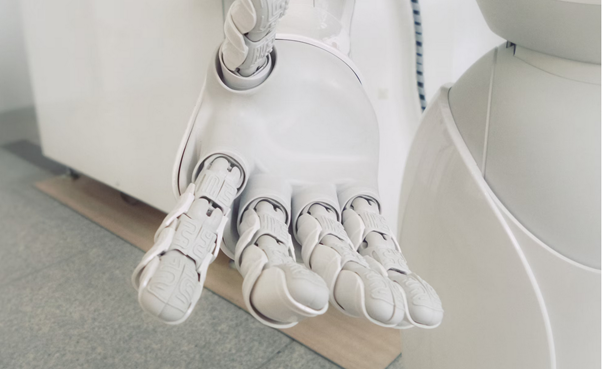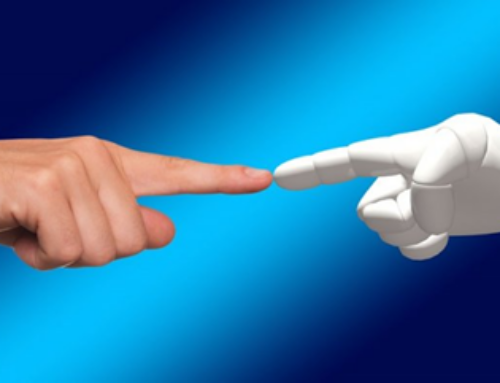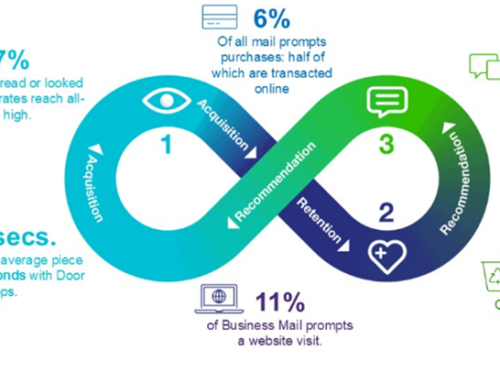The direct marketing industry, traditionally slower to automate compared to other sectors, is standing on the cusp of a transformative era driven by technological advancements. With new research from Pearson predicting a net increase of 390,000 jobs by 2027 in England alone, due to automation and augmentation, the industry faces both challenges and opportunities.
The Role of Automation in Direct Marketing
Automation in direct marketing is not about replacing human tasks with machines. It’s about enhancing the efficiency, accuracy, and reach of marketing campaigns through the use of tools that automate data processing and cleansing, significantly reducing the time and cost associated with manual interventions. From postal sortation to address data enhancement, automation can streamline operations, improve compliance, and open new avenues for creativity and personalisation in direct marketing.
Investment in Automation: A Pro-People Approach
Investing in automation technology in the direct marketing industry – a sector that has historically been heavily people-based – can seem daunting, particularly with concerns over job displacement. Yet, the Pearson research and broader industry trends suggest a more optimistic outcome. Automation and augmentation are poised to create 2.4 million new jobs by 2027, outpacing the jobs at risk. This net job growth underscores the importance of embracing automation not as a threat but as an opportunity for workforce transformation and economic growth.
The direct marketing industry, in particular, can benefit from this shift by focusing on ‘pro-people’ automation—tools and technologies that augment human capabilities rather than replace them. For example, AI-enabled solutions and robotics can handle repetitive tasks, allowing employees to focus on more strategic and creative aspects of their roles. This approach not only safeguards jobs but also enriches them, making them more engaging and valuable in the digital economy.
Preparing the Workforce for the Future
The transition to a more automated direct marketing industry requires concerted efforts from policymakers, educators, and employers. Pearson’s recommendations for devolving skills and employment funding and using data for future planning are particularly relevant. By identifying the skills that will be in demand and providing the necessary training, we can ensure that the workforce is prepared for the jobs of tomorrow.
Moreover, initiatives like our automated Swift-suite of products demonstrate the potential for automation to drive innovation within the industry. Ultimately, the future of work in direct marketing is not just about technology; it’s about how we leverage that technology to create a more dynamic, creative, and inclusive industry.
If you would like to find out more get in touch with us – and we’ll promise you a human, not a bot!





